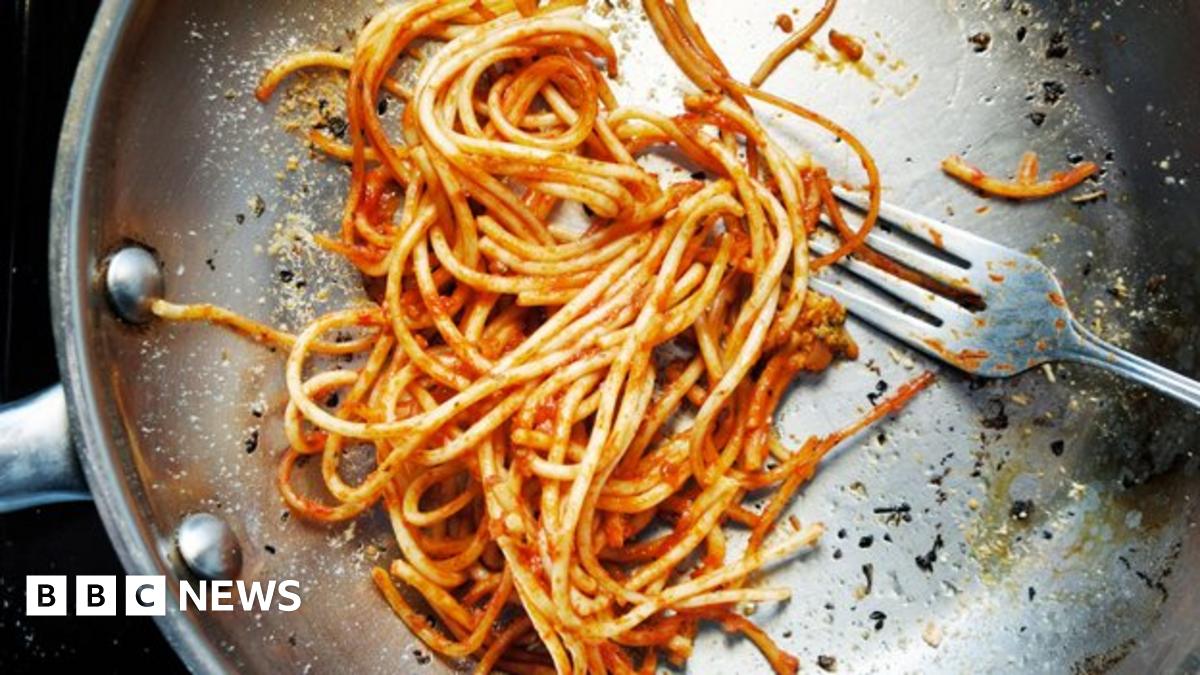Dieters and particularly pasta-loving type II diabetics will be thrilled to discover a study that shows that if pasta is cooked, cooled and then reheated, it is transformed from a meal that will set your blood sugar indicators a-whirling to one in which this effect is halved.
This experiment involved only 10 people so we're not talking proof here but the findings are certainly interesting.


This experiment involved only 10 people so we're not talking proof here but the findings are certainly interesting.






Comment